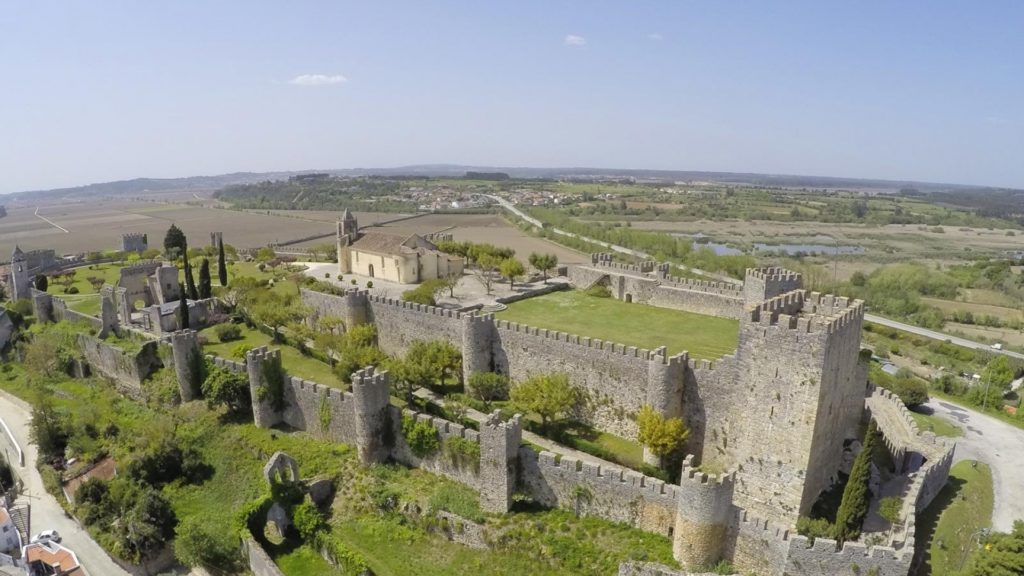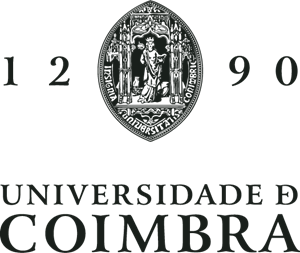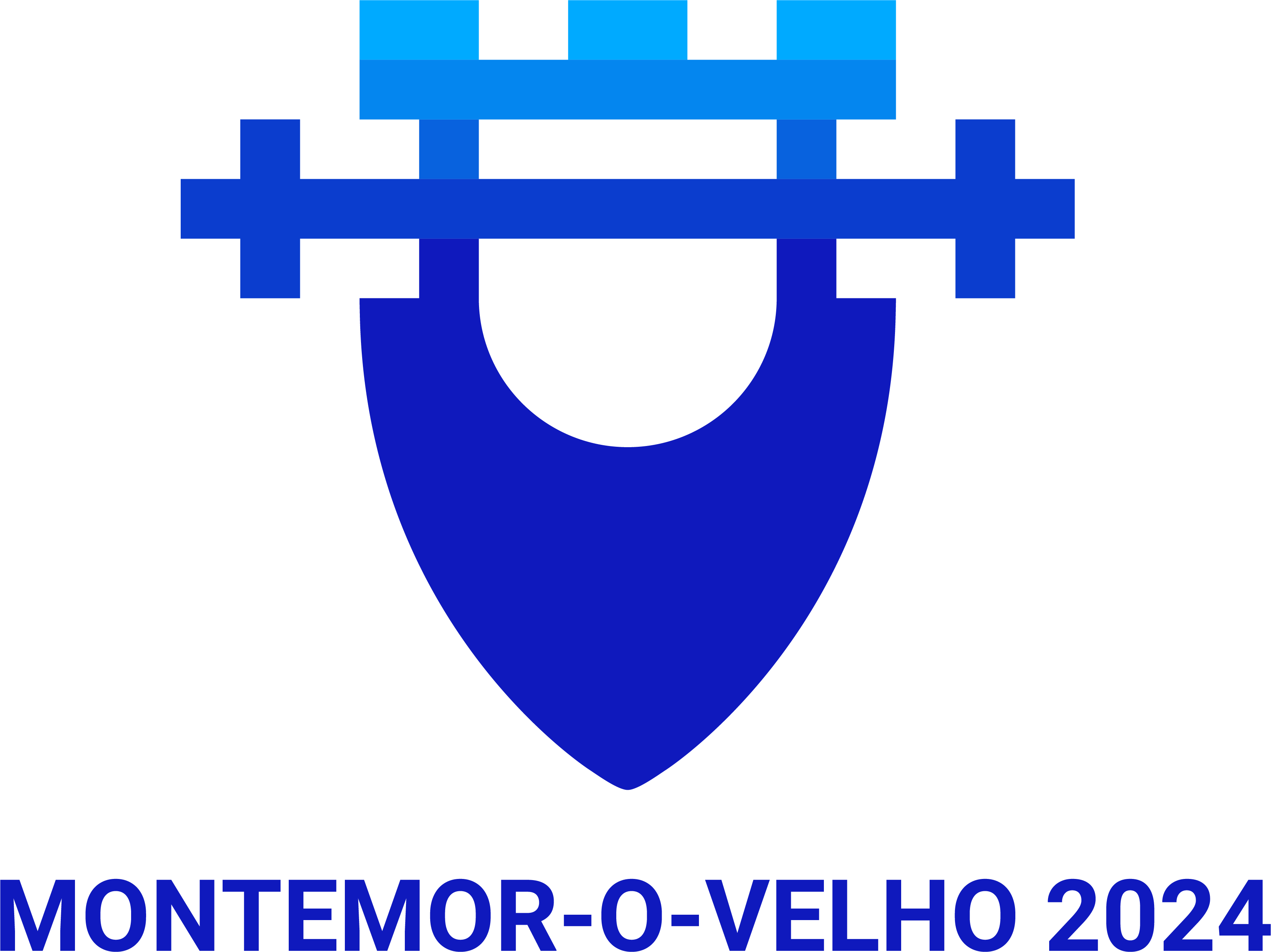Host
Portugal

Portugal is a country on the Iberian Peninsula, located in south-western Europe. It is the western most country of mainland Europe and is bordered by the Atlantic Ocean to the west and south and by Spain to the north and east. The Atlantic archipelagos of the Azores and Madeira are also part of Portugal.
The land within the borders of today’s Portuguese Republic has been continuously settled since prehistoric times. Some of the earliest civilizations include Lusitanians and Celtic societies. Incorporation into the Roman Republic dominions took place in the 2nd century BC. The region was ruled and colonized by Germanic peoples from the 5th to the 8th century.

The Muslim Moors arrived in the early 8th century and conquered the Christian Germanic kingdoms, eventually occupying most of the Iberian Peninsula. In the early 1100s, during the Christian Reconquista, Portugal appeared as a kingdom independent of its neighbor, the Kingdom of León and Galicia. In a little over a century, in 1249, Portugal would establish almost its entire modern-day borders by conquering territory from the Moors.
During the 15th and 16th centuries, with a global empire that included possessions in Africa, Asia and South America, Portugal was one of the world’s major economic, political, and cultural powers. After the Portuguese Colonial War and the Carnation Revolution coup d’état in 1974, the ruling regime was deposed in Lisbon and the country handed over its last overseas provinces in Africa.

Portugal is a developed country, has a high Human Development Index and is among the world’s 20 highest rated countries in terms of quality of life, although having the lowest GDP per capita of Western European countries. It is a member of the European Union (since 1986) and the United Nations (since 1955); as well as a founding member of the Organization for Economic Co-operation and Development (OECD), North Atlantic Treaty Organization, Community of Portuguese Language Countries (CPLP), and the European Union’s Eurozone. Portugal is also a Schengen state.
According to the Global Peace Index, Portugal is among the top ten most peaceful countries in the world.
Total area: 92,212 km²
Population: 10,247 million (2023 estimate)
GDP total: $251.95 billion, per capita: $22112,74 (2022)
Human Development Index (HDI): 0.866 (38nd) (2021)
Capital: Lisbon
Currency: Euro €
Time zone: CET – 1
Total area: 92,212 km²
Population: 10,247 million (2023 estimate)
GDP total: $251.95 billion, per capita: $22112,74 (2022)
Human Development Index (HDI): 0.866 (38nd) (2021)
Capital: Lisbon
Currency: Euro €
Time zone: CET – 1
“Portugal is among the top ten most peaceful countries in the world”.
Montemor-o-Velho

Located in central Portugal, the municipality of Montemor-o-Velho belongs to the district of Coimbra. With a total area of 229km2 it is part of Baixo Mondego, a privileged region for tourist destinations with great cultural, historical, scenic, sporting and social value.
Its bordering municipalities are Cantanhede to the North, Soure to the South, Condeixa-a-Nova and Coimbra (25km) to the East and Figueira da Foz (16km) to the West.
The two major Portuguese cities of Portugal are located 145km north (Porto) and 225km south (Lisbon)
Dominating the valley where the Mondego River runs, with endless rice fields, the town of Montemor-o-Velho is characterized by its imposing castle, the main fortress of Low Mondego during Medieval times.
This extensive land has been successively occupied since Roman times and when the Arabs first settled during the 8th century, the Mondego lands became a constant stage of intense fights between Muslims and Christians.

After the Catholic Reconquista and the Portuguese independence, Montemor-o-Velho and its majestic fortress were the stage of countless events of Portuguese History. The stones of the castle have defended the valley and the river which fertilizes it and have received Kings and Infantas, being closely associated with tales born out of the people’s traditional imagination.
The extensive rice fields fluctuate with the seasons following the signs of change and the Castle, safe, contemplates the winds of progress.
Montemor-o-Velho is a place where you can discover the ancestry of a people and uncover clues to a future full of development.
Montermor-o-Velho, where history meets nature!
University of Coimbra
Established in 1290 in Lisbon, it went through a number of relocations until it was moved permanently to its current city in 1537, being one of the oldest universities in continuous operation in the world, the oldest university of Portugal, and one of its largest higher education and research institutions.
It is organized into eight different faculties according to a wide range of fields, granting academic bachelor´s, master´s and doctorate degrees in nearly all major fields of knowledge, such as arts, engineering, humanities, mathematics, natural sciences, social sciences, medicine, sports and technologies.
The University of Coimbra has over 20.000 students and hosts one of the largest communities of international students in Portugal, being the most cosmopolitan Portuguese university. On 22 June 2013, UNESCO added Coimbra and the University to its World Heritage List.
Furthermore, in the 2023 edition of the prestigious Academic Ranking of World Universities (ARWU), known as the Shanghai Ranking, the University of Coimbra (UC) is among the 500 best universities in the world (401-500). At the same time, the University of Coimbra’s Plan for Equality, Equity and Diversity and Healthy Campus UC projects were honoured for their management and knowledge transfer, results and impact, replicability and sustainability (ORSIES).

AAC – Academic Association of Coimbra
Academic Association of Coimbra (AAC) was founded on 3rd of november 1887, has always been a unique institution in the panorama of students unions in Portugal.
The AAC has around 23500 students from the University of Coimbra, 3055 section members and also several Cultural and Sports Sections.
Regarding Sports, “Académica” is one of the most eclectic “clubs” in the country, given its wide range of federated sports
.
Also, in the university context, AAC and the University of Coimbra (UC), together, form more than 20 university teams, in a universe of more than 300 student athletes who, annually and in the various sports, represent both institutions in the national context, in competitions organized by FADU Portugal, and/or international level, in competitions organized by the European Universities Sports Association (EUSA).
Several athelets are also a part of the University Team of Portugal that participate in the FISU events, with emphasis for Canoe Sports where the majoraty of athelets are from Coimbra

